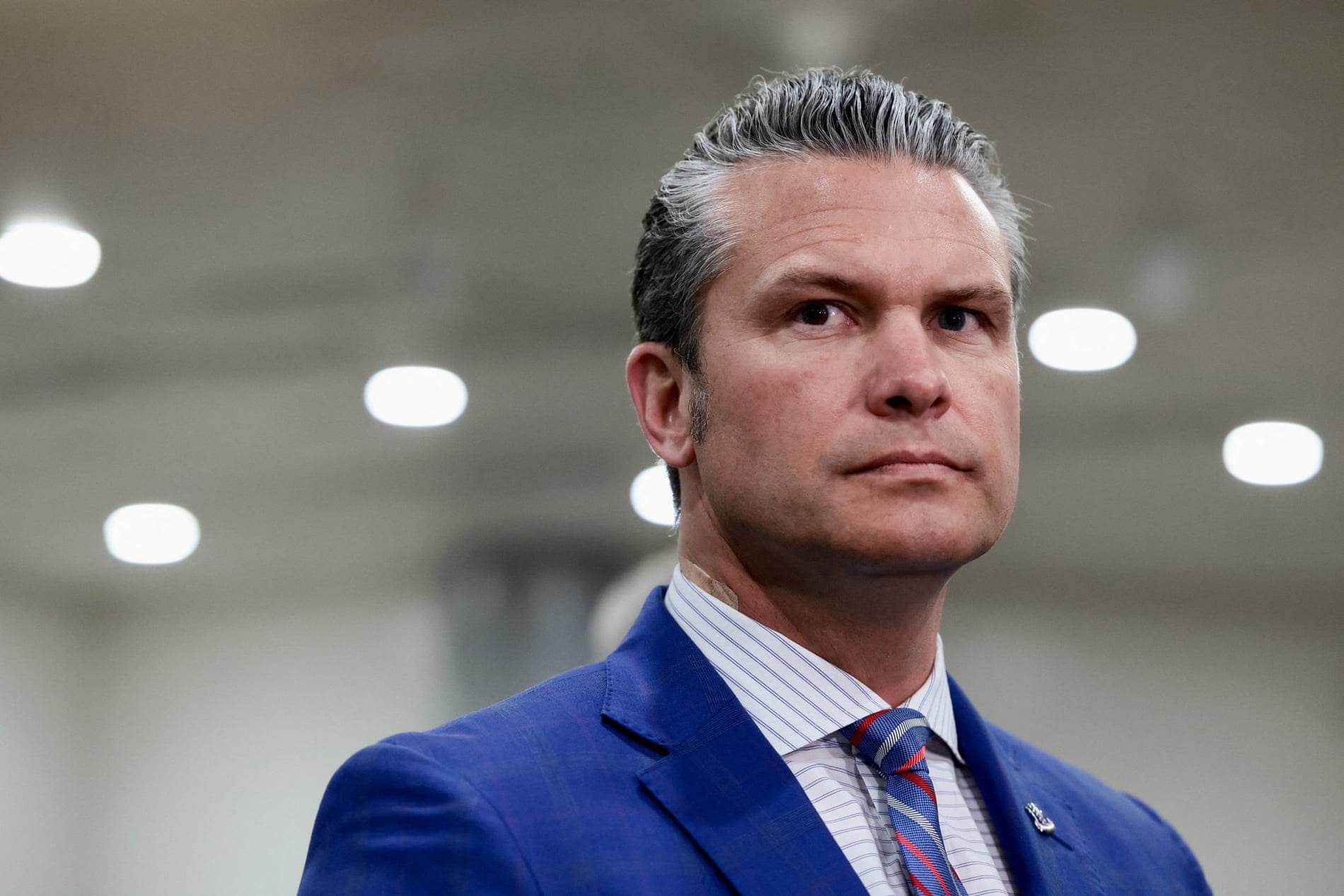 A veteran of the wars in Iraq and Afghanistan, former Marine Capt. Timothy Kudo thinks of himself as a killer _ and he carries the guilt every day.
A veteran of the wars in Iraq and Afghanistan, former Marine Capt. Timothy Kudo thinks of himself as a killer _ and he carries the guilt every day.
"I can't forgive myself," he says. "And the people who can forgive me are dead."
With American troops at war for more than a decade, there's been an unprecedented number of studies into war zone psychology and an evolving understanding of post-traumatic stress disorder. Clinicians suspect some troops are suffering from what they call "moral injuries" _ wounds from having done something, or failed to stop something, that violates their moral code.
Though there may be some overlap in symptoms, moral injuries aren't what most people think of as PTSD, the nightmares and flashbacks of terrifying, life-threatening combat events. A moral injury tortures the conscience; symptoms include deep shame, guilt and rage. It's not a medical problem, and it's unclear how to treat it, says retired Col. Elspeth Ritchie, former psychiatry consultant to the Army surgeon general.
"The concept ... is more an existentialist one," she says.
The Marines, who prefer to call moral injuries "inner conflict," started a few years ago teaching unit leaders to identify the problem. And the Defense Department has approved funding for a study among Marines at California's Camp Pendleton to test a therapy that doctors hope will ease guilt.
But a solution could be a long time off.





 The US defense secretary, Pete Hegseth, has said the Pentagon is ending all military training, fellowships...
The US defense secretary, Pete Hegseth, has said the Pentagon is ending all military training, fellowships... A Washington DC grand jury declined to indict six Democratic lawmakers who were denounced by...
A Washington DC grand jury declined to indict six Democratic lawmakers who were denounced by... The US military on Thursday said it killed two alleged drug traffickers in a strike on...
The US military on Thursday said it killed two alleged drug traffickers in a strike on...






























